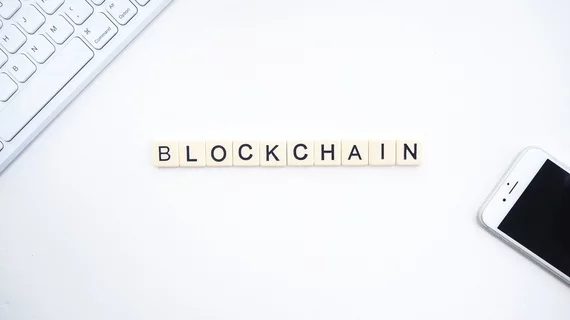New blockchain system from IBM eyes COVID-19 supply shortages
IBM has launched a blockchain-based network for healthcare organizations and government agencies looking to quickly find and hire alternative supply-chain sources during the public-health crisis set off by the COVID-19 outbreak.
Big Blue is initially offering the service free of charge to buyers and suppliers meeting certain conditions.
“With healthcare workers and other first responders feeling the impact of supply chains disrupted by unprecedented challenges, many large and small businesses from outside the traditional healthcare procurement system are reconfiguring to mass produce masks, gowns and other essential supplies,” the company explains in an announcement. “In order to begin purchasing from them at scale, buyers—including hospitals, state procurement divisions, pharmacies and others—need help identifying these new suppliers, efficiently vetting and on-boarding them, and understanding their real-time inventory availability.”
The new network, called IBM Rapid Supplier Connect, also aims to help hospitals identify excess inventory inside their own walls. In this way the program may help redirect surplus supplies to other hospitals that could use it.
The announcement quotes the chief procurement officer of Northwell Health.
That NYC-based system “has had adequate supplies to protect patients and our staff during the increase in New York COVID-19 patient cases,” says the executive, Phyllis McCready. “It is through creating our own GPOs and supply chain, and joining forces with non-traditional suppliers, that we have maintained an adequate stockpile of PPE and other equipment and supplies.”
For that reason, she adds, Northwell is pleased to join IBM’s new blockchain-based network.

